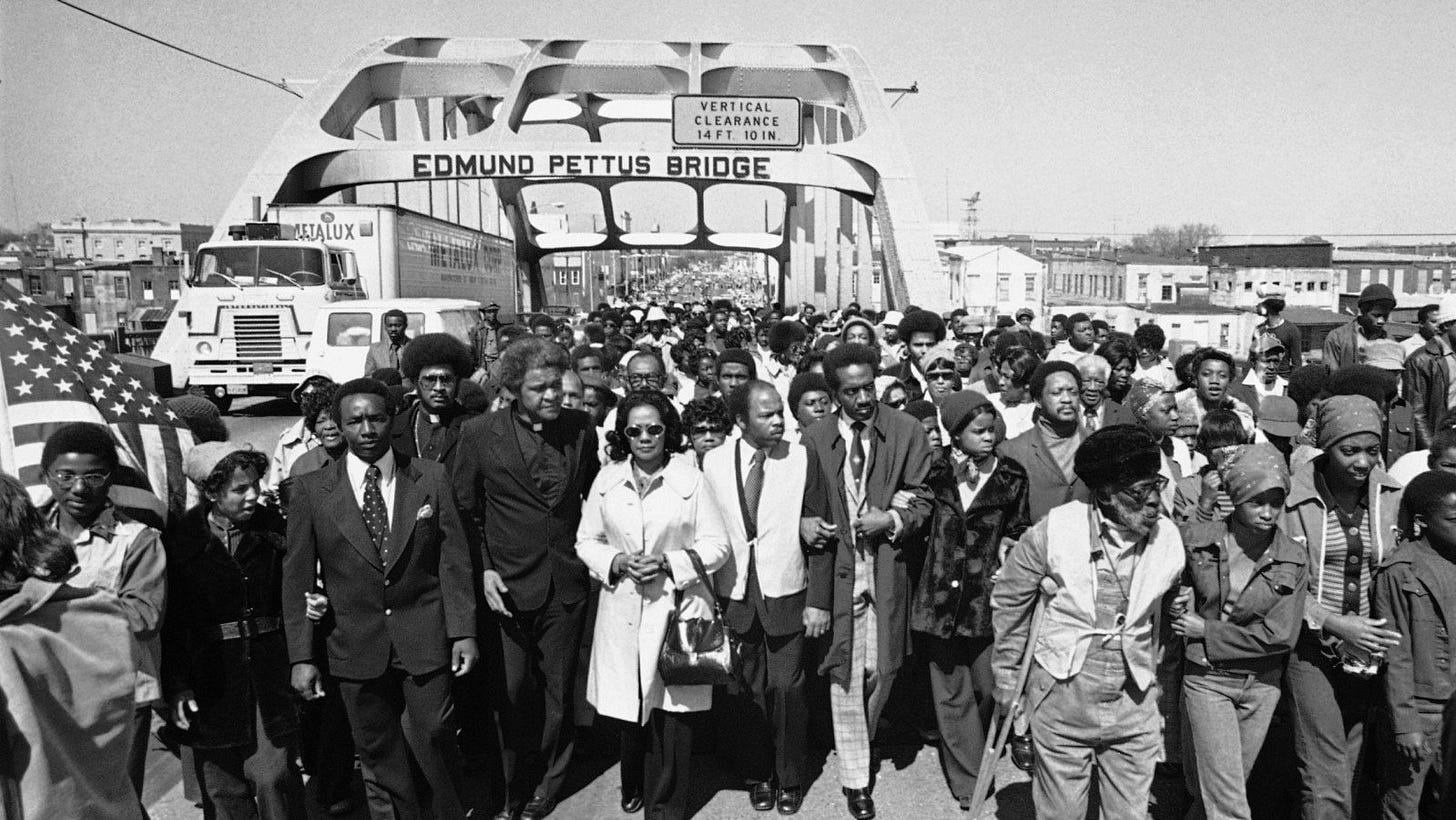Hold your nose and click the next link. Spend three minutes of your life reading this CBC analysis of the Freedom Convoy, because it’s a type, a piece of narrative manipulation that appears all over the world a thousand times day. It’s a Mad Libs sheet that journalists re-use with different names. It’s important that you see what it is, so you can instantly recognize it every time it appears. Go. Read. I’ll wait right here. (I’ll be drinking.)
Now, whatever else you notice about this story, notice this first: The story tells you about people who are using a word, and then asks “experts” to interpret what the people who are using the word mean by it, but the story doesn’t give you a single concrete example of any actual named person using that word in any specific context. There’s no quote, no excerpt, no time and date, no place, no person, no event, no full sentence from a full human. There’s no one there. Some disembodied figures say this thing; here is what experts say the shadows in the fog mean by it.
Remember this interview?
This CBC story is the equivalent of this interview if Jordan Peterson had been locked out of the room. It amounts to a half-hour of Cathy Newman sitting by herself, telling people what Jordan Peterson means when he says things.
The story says, people of this type use this word to mean these things, experts say, but, other than not quoting or naming any of those specific people, it doesn’t start by asking any people of that type what they mean when they use that word. A journalist could do this in Ottawa by walking down a street and talking to people, which looks like this. Compare those two things, the CBC story and the “walking down the street talking to people” story. One is a fraud; one is a service.
Notice, above all, how fucking easy it would be, and yes I’m shouting, to anchor this story in something real. An opening quote from a truck driver standing on a street corner; a sentence from a speech someone gave. There are people on the street in Canada, but there are no people on the street in this story.
The real people are missing because leaving them out makes it easier. If a journalist writing about the use of “freedom” rhetoric among anti-mandate protesters anchored his story in specific examples of real people saying actual things, the narrative engine would suddenly find itself dragging other freight: “informed consent,” “bodily autonomy,” “medical autonomy.” It would start wrestling with, “I’m vaccinated, but I oppose vaccine mandates.” A journalist taking notice of actual people in all their human specificity would start to hear them, which would disqualify a journalist for a job at the CBC. He would start to notice the layers and context of their use of “freedom,” and freedom is the strawman he wishes to set on fire in the public square. He doesn’t want to think about it or complicate it; he wants to burn it.
Keeping the narrative clean and empty frees up space to pile the strawmen to the ceiling. The story ends with this quote from Elisabeth Anker, an associate professor of political science at George Washington University:
Casually, without examination, Anker makes “social interdependence” and “individual freedom” exclusive opposites; it’s surprising when people who favor one of those things start talking about the other one. But people have been simultaneously favoring and pursuing both, together, for — how can one put this? — all of human history, the whole thing. Abolitionists arguing that slaves deserved individual freedom argued that people who were not slaves owed them the effort to free them; they argued for an interwoven construction of social interdependence and individual freedom, and John Brown was proud to die for that conceptual marriage. Soldiers landing on a beach under heavy fire to defeat fascism were profoundly tied to one another, socially interdependent in a shared defense of individual liberty.
Name a cause: labor activists in the Gilded Age; militiamen at the Old North Bridge; suffragettes; marchers crossing the bridge at Selma. They were pursuing individual freedom in a movement built on social interdependence. To think it’s strange to hear about one of those things from people who are accustomed to the other is inane. It requires emptiness. You can only do this by not listening to the people you’re purporting to analyze.
At the moment, not listening seems to be the foundational principle in academia, media, and politics. It isn’t working. Look for it, see it, and reject it.







WAR IS PEACE.
FREEDOM IS SLAVERY.
IGNORANCE IS STRENGTH.
Classic Communist propaganda. Give up your individual freedoms for the social good of the collective—says the CBC, Communist Broadcasting Collective.